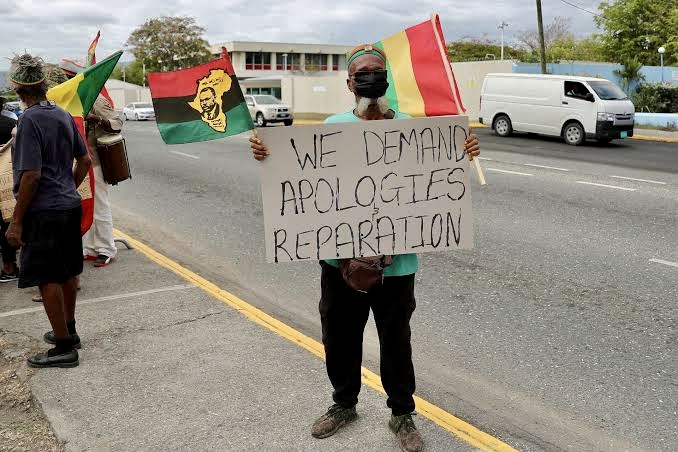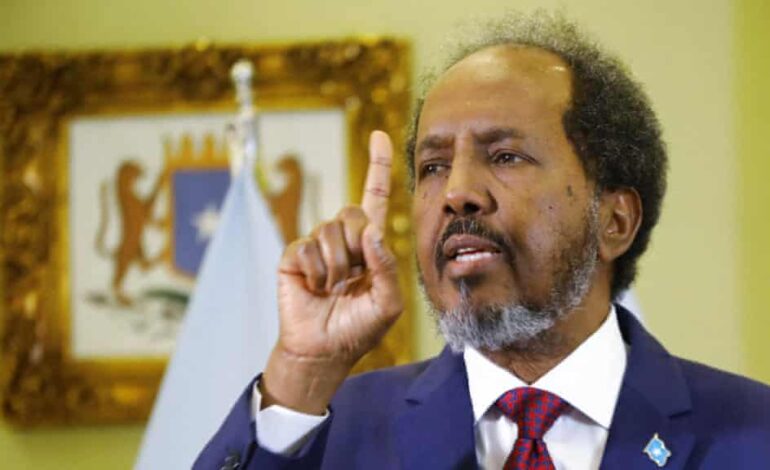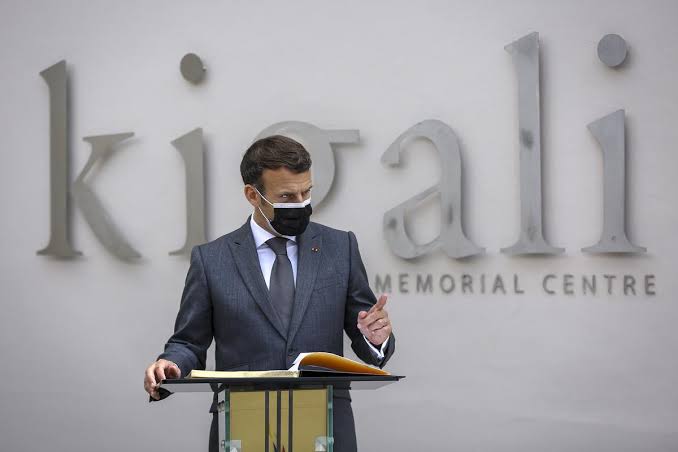
Faith Nyasuguta
French President Emmanuel Macron’s has made an admission regarding France’s role in the 1994 Rwanda genocide, marking a pivotal moment in acknowledging historical responsibility. Macron acknowledges France’s failure to intervene effectively during the genocide, citing a lack of determination among France and its allies to halt the atrocities.
This admission signifies a significant departure from France’s previous stance on its involvement in the genocide. Macron’s acknowledgment follows his visit to Rwanda in 2021, where he recognized France’s “responsibility” in the tragic events that claimed the lives of over 800,000 people, primarily Tutsis and Hutus.
As Rwanda commemorates the 30th anniversary of the genocide, Macron’s statement underscores the importance of facing historical truths and seeking justice for the victims and survivors. It reflects a broader call for accountability and reparations within the international community.
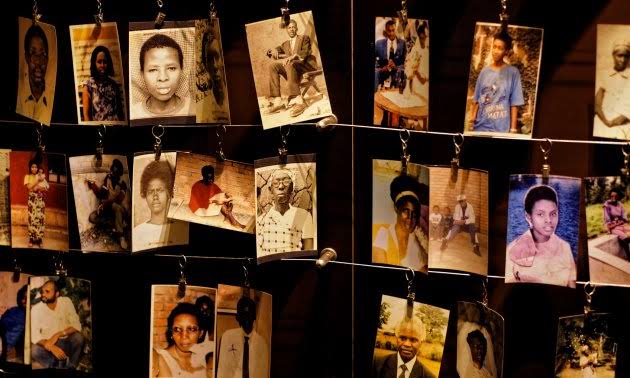
Meanwhile, Amnesty International urges the international community to renew its commitment to ensuring justice and accountability for the genocide’s victims and survivors. Despite significant progress in prosecuting perpetrators through national, community, and international courts, recent developments highlight the need for continued efforts to pursue justice.
The confirmed deaths of several high-profile genocide suspects stress the urgency of delivering justice for survivors and victims’ families. While some perpetrators have faced trial, others have evaded justice for decades, highlighting the challenges in holding individuals accountable for their roles in the genocide.
The suspension of the trial of alleged chief genocide financier, Félicien Kabuga, due to age-related illness, has sparked anger and disappointment among survivors. Kabuga’s case highlights the complexities of prosecuting individuals decades after the genocide, raising questions about the timeliness and effectiveness of legal mechanisms.
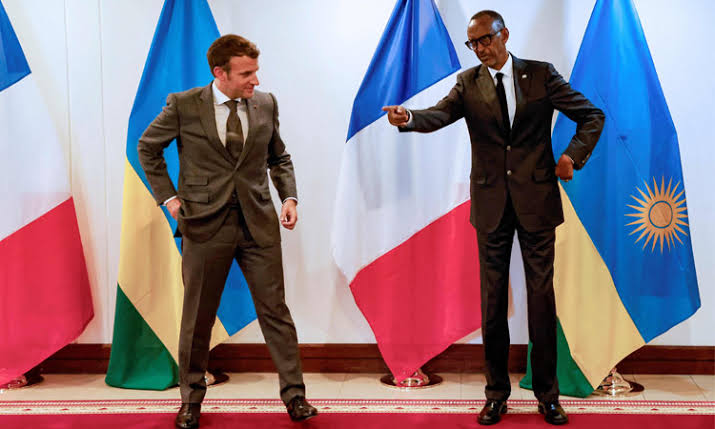
Amidst these challenges, the arrest of genocide suspect Fulgence Kayishema in South Africa demonstrates ongoing efforts to hold perpetrators accountable. However, Kayishema’s detention on immigration-related charges highlights the obstacles in extraditing suspects to face trial.
Amnesty International emphasizes the importance of honoring the memories of genocide victims and delivering justice for survivors and their families. It calls on states to recommit to pursuing justice through universal jurisdiction and other legal mechanisms, ensuring that perpetrators are held accountable for their actions.
Overall, Macron’s admission and ongoing efforts to pursue justice for the Rwanda genocide reflect a broader commitment to confronting historical injustices and upholding human rights.
As Rwanda begins commemorating this tragic anniversary on Sunday, the international community must continue to support efforts to achieve accountability and reconciliation.
RELATED:


